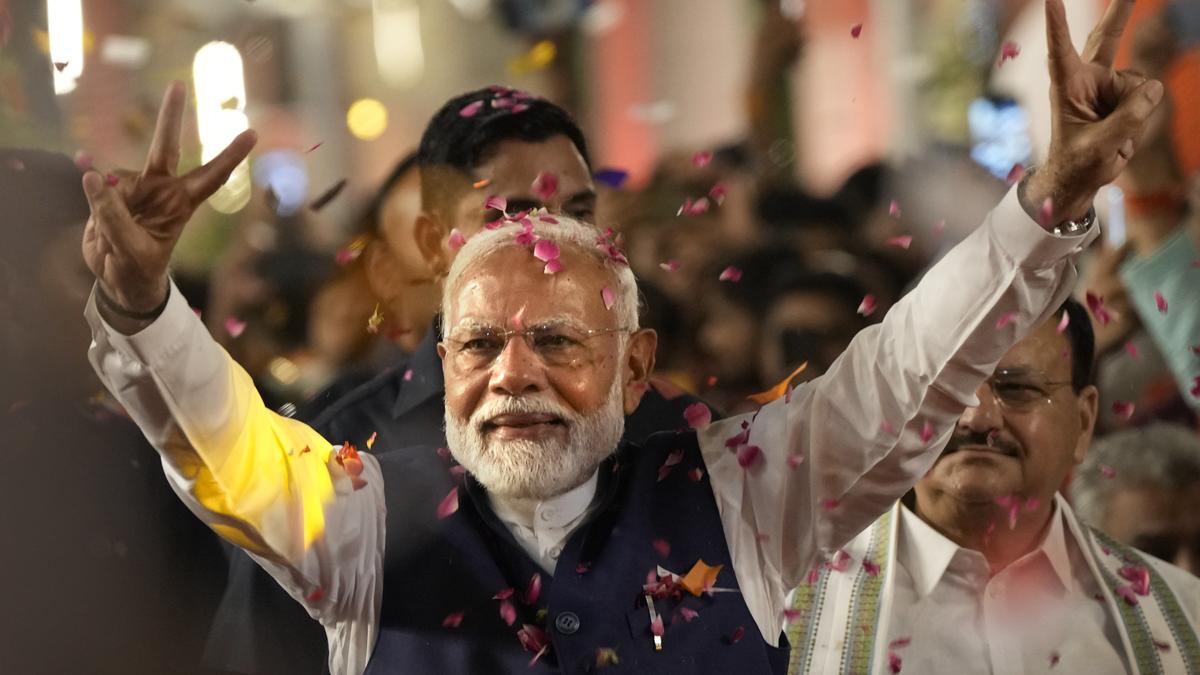Now Reading: Why Iran’s Warning to Block the Strait of Hormuz Could Affect India’s Oil and Economy
-
01
Why Iran’s Warning to Block the Strait of Hormuz Could Affect India’s Oil and Economy
Why Iran’s Warning to Block the Strait of Hormuz Could Affect India’s Oil and Economy

Iran has once again warned that it might block the Strait of Hormuz — a narrow but vital waterway through which a significant portion of the world’s oil supply flows. This move, if carried out, could severely disrupt global energy markets. For India, which depends heavily on imported oil, such an event could lead to price shocks, fuel shortages, and broader economic impacts, especially in Tier 2 cities already grappling with inflation.
What Is the Strait of Hormuz
The Strait of Hormuz is one of the most important maritime routes in the world. Located between the Persian Gulf and the Arabian Sea, this narrow passage is used to transport nearly one-fifth of the world’s crude oil every day. It connects major oil-producing countries like Saudi Arabia, Iran, and the UAE with energy-hungry nations across Asia, including India.
Even the slightest tension in this area sends global oil prices soaring due to its critical role in energy supply chains.
Why Iran Is Threatening to Block It
Iran’s warning comes in response to increasing Western sanctions and perceived threats to its sovereignty. By raising the possibility of blocking the strait, Iran aims to pressure countries involved in the sanctions and assert its control over the region’s security.
This strategy has been used before as a geopolitical tool, but a complete closure would have massive consequences — not just for rival nations but for neutral countries like India as well.
Impact on India and Everyday Life
India imports over 80% of its oil, and much of it passes through the Strait of Hormuz. A disruption here would likely push fuel prices up sharply. For people in Tier 2 cities, where public transport options are limited and fuel costs have a direct effect on daily expenses, the impact could be immediate and intense.
Industries like transport, agriculture, and small-scale manufacturing, which are highly sensitive to fuel price changes, would also face rising costs. Inflation could climb, affecting everything from food to commuting.
What Can Be Done
India may need to increase its strategic petroleum reserves and diversify its oil import sources to deal with such risks. Diplomatic engagement with Iran and other Gulf countries will also be crucial in ensuring the free flow of energy through the strait.
At a domestic level, policies that promote energy efficiency, electric mobility, and alternative fuels could help reduce long-term dependence on imports from volatile regions.
Conclusion
Iran’s threat to block the Strait of Hormuz may seem distant, but its ripple effects could be deeply felt in Indian homes, petrol pumps, and marketplaces. As global tensions rise, India must prepare both diplomatically and economically to protect its energy security and shield citizens, especially in smaller cities, from sudden price shocks and instability.
























